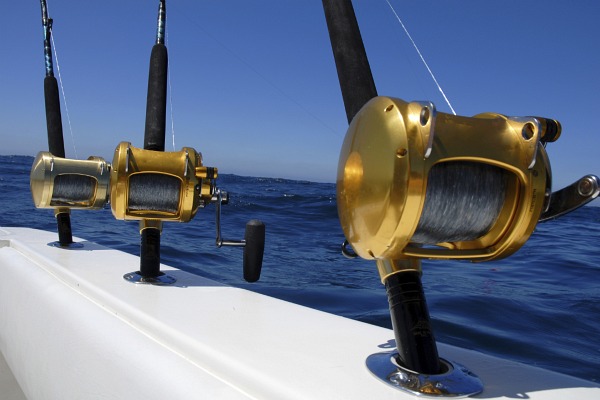Home made lead sinkers pose health risk

Home-made lead sinkers pose health risk
BIA Victoria has added its voice to a new campaign by the Victorian Department of Human Services to warn anglers of the dangers of lead poisoning from home-made lead sinkers.
Two Melbourne families were treated recently for lead poisoning after making lead sinkers at home, and DHS senior medical adviser Dr Marion Carey said she was alarmed at the number of lead poisoning cases related to manufacturing sinkers.
“People are obviously unaware of the dangers of bringing lead into their homes,” she said.
“Lead poisoning can have serious effects – brain damage, infertility, high blood pressure, memory loss and learning difficulties in children. Symptoms include headaches, muscle and abdominal pain, weakness and concentration problems.”
BIA general Manager Robert Coco said the best way to reduce the risk was to stop using lead altogether.
“These days there are many sinkers made of less toxic compounds including tin, bismuth and tungsten, so using lead sinkers is putting you and your family at unnecessary risk,” he said.
For people still using lead, essential precautions include:
• Never work with lead inside the home, and always shower and change clothes and shoes before going inside after working with lead.
• Never work with lead near children or pregnant women.
• Never use a grinder or sander on lead materials as the lead dust can float into your home on your clothes.
• Always wear a respirator when working with lead, and thoroughly clean your work area after you have finished.


